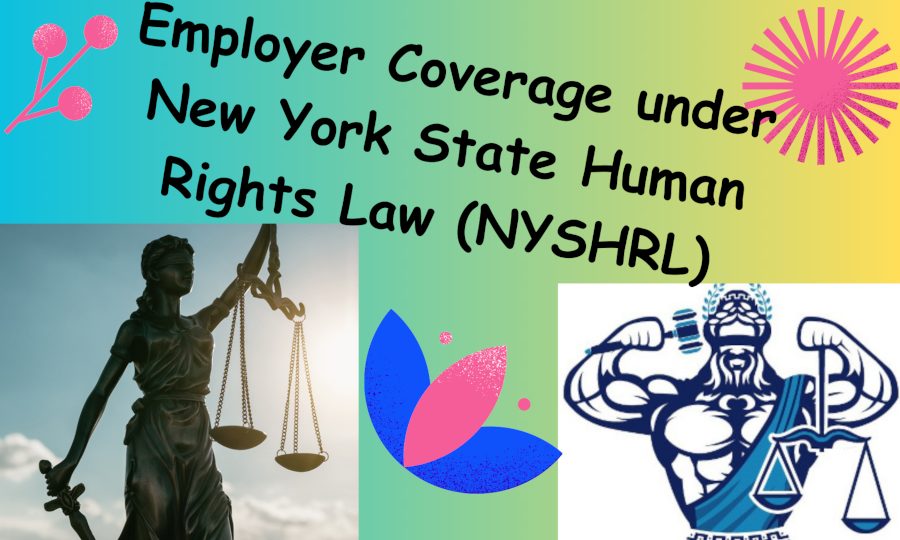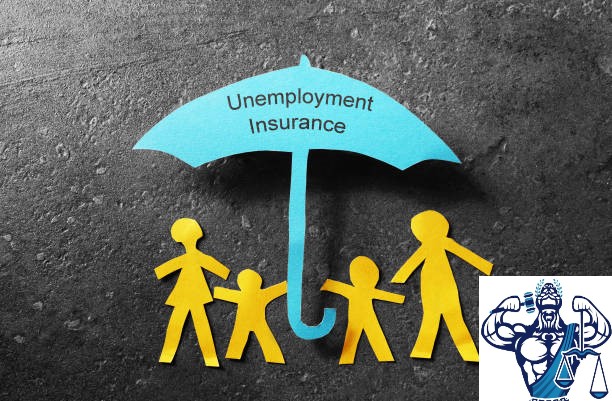Here at the Law Office of Vincent Miletti, Esq. and the home of the #UnusuallyMotivated movement, we take pride as a resilient and dependable legal services firm, providing such services in both a traditional and online, web-based environment. With mastered specialization in areas such as Employment and Labor Law, Intellectual Property (IP) (trademark, copyright, patent), Entertainment Law, and e-Commerce (Supply Chain, Distribution, Fulfillment, Standard Legal & Regulatory), we provide a range of legal services including, but not limited to traditional legal representation (litigation, mediation, arbitration, opinion letters, and advisory), non-litigated business legal representation and legal counsel, and unique, online legal services such as smart forms, mobile training, legal marketing, and development.
Still, we, here at Miletti Law®, feel obligated to enlighten, educate, and create awareness, free of charge, about how these issues and many others affect our unusually motivated® readers and/or their businesses. Accordingly, in order to achieve this goal, we have committed ourselves to creating authoritative, trustworthy & distinctive content, which looks to not only educate, but also deliver in a manner that only Miletti Law® can. Usually, this content is featured as videos posted on our YouTube Channel https://www.youtube.com/channel/UCtvUryqkkMAJLwrLu2BBt6w and blogs that are published on our website WWW.MILETTILAW.COM. With that, the ball is in your court and you have an effortless obligation to subscribe to the channel and sign up for the Newsletter on the website, which encompasses the best way to ensure that you stay in the loop and benefit from the knowledge bombs that we drop here!
Here at Miletti Law®, we are the authoritative force in Employment and Labor Law. Therefore, we are committed to updating our series on employment & labor law with fresh, verifiable, and credible content. In that spirit, this blog is Part XV of our series on New York State and City laws that apply to workplace harassment, discrimination, & retaliation. In Part XIV of this series, we hammed on the duty employers have to reasonably accommodate disabilities pursuant to the NYCHRL. Accordingly, we have moved the discussion forward with an overview of the duty employers have to reasonably accommodate disabilities pursuant to the NYSHRL in this blog and Part XV of the series.
Duty of Employers to Reasonably Accommodate Disabilities under the NYSHRL
As provided under N.Y. Exec. Law § 292(21), an employer is mandated by the NYSHRL to provide reasonable accommodation to an employee with a disability. Further, under N.Y. Exec. Law § 292(21-e), “reasonable accommodation” implies taking steps that, while not imposing undue hardship in how the employer conducts business, would allow an employee with a disability to reasonably perform the duties of a job.
Under the NYSHRL, “reasonable accommodation” includes, but is not limited to:
- Acquiring support services for individuals with impaired vision or hearing.
- Modifying work schedules or restructuring of jobs.
- Modifying or acquiring new equipment-and-
- Reorganizing worksite to make it accessible to an employee with a disability.
Further, as provided for under 9 NYCRR § 466.11(b)(1), employers should consider a range of factors when determining the “reasonability” of an accommodation under the NYSHRL. Examples of such factors are:
- The reasonability or convenience of the accommodation for the employer
- The effects it has on other employees and the problems, costs, and hardships it will cause for the employer-and-
- The benefit or efficacy the accommodation provides in eliminating the performance impediments that the disability causes.
Accordingly, if the accommodation would impose an undue hardship upon the employer, as provided for under N.Y. Exec. Law § 296(3)(b)of the NYSHRL, an employer may refuse to provide a disabled employee with accommodation. An “undue hardship” under the NYSHRL implies that an employer incurs a significant expense or difficulty in business operations. Thus, various relevant factors may be considered if an employer wishes to determine whether such an “undue hardship” would be caused by a given accommodation. Examples of such relevant are:
- The accommodation’s cost and nature.
- The structure and composition of the workforce and the type of business the employer engages in-and-
- The type of employer’s budget, type & number of facilities, and the overall size of the business when it comes to how many employees an employer has.
However, the following does not comprise “reasonable accommodation”:
- Accommodations that result in a direct threat pose a significant risk of substantial harm to this employee or others’ safety and health, but which a reasonable accommodation cannot mitigate or eliminate.
- Accommodating behaviors, even those caused by a disability, which fail to meet workplace standards, given that similar standards are applied to similarly situated employees-and-
- The creation of an entirely unique position tailored to suit and meet the abilities of the person with a disability.
Drug “Use” as a Disability requiring a “reasonable accommodation.”
Marijuana Use
Marijuana users that are certified are deemed to have a disability under the NYSHRL. Therefore, the discrimination of registered certified patients based on attendant marijuana use and health conditions is prohibited by NYSHRL’s provisions on anti-discrimination. This implies that when disciplining an employee whose usage of medical marijuana results in a positive drug test, employers should exercise caution despite the silence of New York’s Compassionate Care Act on whether an employer may take adverse action against an employee who tests positive for the use of marijuana.
Alcohol & other Drugs Use
As provided under provision 9 NYCRR § 466.11(h)(1) of the NYSHRL, employers are not obligated to provide employees who are current alcohol abusers or illegal drug users with reasonable accommodation. However, provision 9 NYCRR § 466.11(h)(1) requires that if an employee is recovering or has recovered from such illegal drugs or alcohol abuse, then such an employer can be provided with a reasonable accommodation provided that the accommodation would allow the employee to perform their job’s essential functions. Provision 9 NYCRR § 466.11(h)(5) encourages that, before an employee is terminated or disciplined for performance problems, employers are encouraged to provide leave of absence to an employee and require such an employee to attend a rehabilitation program if the employer knows of a current drug user or notes that the job performance of a drug user or addict no longer meets the acceptable standards.
In Part XV, we shall hammer on “The Process of Requesting for Accommodation” and learn more about what the NYCHRL & NYSHRL say about the duties and roles of employees/job applicants and employers are when it comes to requesting and providing a reasonable accommodation.
Until then, stay tuned for more legal guidance, training, and counsel. In the interim, reach us with questions or comments on our website at the Contact Us page!
Always rising above the bar,
Isaac T.,
Legal Writer & Author.
 Professional Legal & Business Services And Representation - English & Espanol!
Professional Legal & Business Services And Representation - English & Espanol!

 314-648-2586
314-648-2586 CALL US NOW
CALL US NOW








